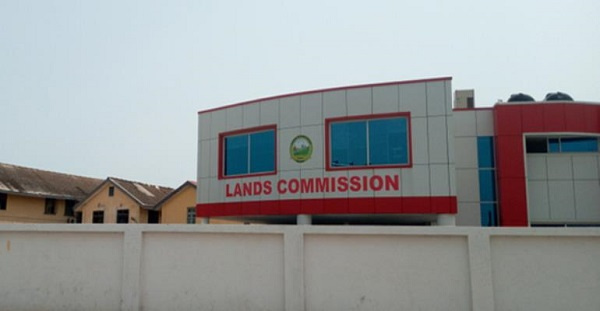In a reprehensible display of disregard for the public trust, Ghana's elites persist in a shameless scramble for state lands, as yet another unsettling chapter unfolds in the nation's history. The recent news cycle echoes my deep-seated disgust at the audacity displayed by those entrusted with safeguarding the interests of the people.
Ghana's constitution, encapsulated in Article 20(5), outlines a clear mandate that lands acquired by the government should inherently serve the public interest or their intended purpose. Furthermore, Clause 6 provides a safeguard, granting previous landowners the first option to reclaim property not utilized as initially intended. However, a closer inspection reveals a stark departure from these principles.
Historically, plots acquired as early as 1876 under the Public Lands Ordinance (1876) and subsequent legislations, including the State Lands Act 1962 (Act 125), were intended to serve the public good. Despite these legal frameworks, a disturbing trend has emerged, with prime lands being acquired by individuals, particularly those in positions of power, without regard for the intended purpose.
The urban renewal program initiated in 1998, ostensibly aimed at redeveloping government residential properties, took a disconcerting turn during its Phase 2 in 2003. Allegations of procedural deviations surfaced, marking the beginning of persistent accusations that prime lands were being distributed among associates and favourites, regardless of the political party in power.
In a shocking revelation by Joy News in November 2017, a list of former government officials acquiring state lands unfolded, reminiscent of a sale as casual as 'kelewele'. Over 416 individuals, predominantly previous government officials, along with public institutions, were allocated state lands between 2009 and 2016. The strategic locations of these lands, coupled with the identities of the beneficiaries, raise alarming questions about the transparency and fairness of the program.
Luxurious areas like Airport Residential Area, North Ridge, and East Legon Switch Backroad, became the hotspots for state land allocations, with ex-presidents, former political party chairmen, and ministers among the beneficiaries. The sale of state lands even became a contentious campaign issue during the 2008 election, with accusations of selling at discounted rates to political cronies.
The subsequent investigations and committees formed to address the irregularities yielded little impact. The ban on the buying of state lands, initiated under the John Mahama administration, proved to be short-lived, allowing the spree of land acquisitions to continue unabated.
It is disheartening and infuriating that Ghana's elites, educated with the taxes of the very people they are supposed to serve, persist in this blatant betrayal of public trust. The nation's journey is marred by a distressing reality: those entrusted to protect and preserve state lands are actively participating in their unjust exploitation.
As Ghana stands at this crossroads, the insidious legacy of land grab continues, leaving the nation to ponder – Ghana Quo Vadis
Latest Stories
-
Ghana and Seychelles strengthen bilateral ties with focus on key sectors
2 mins -
National Elections Security Taskforce meets political party heads ahead of December elections
5 mins -
Samsung’s AI-powered innovations honored by Consumer Technology Association
25 mins -
Fugitive Zambian MP arrested in Zimbabwe – minister
43 mins -
Town council in Canada at standstill over refusal to take King’s oath
54 mins -
Trump picks Pam Bondi as attorney general after Matt Gaetz withdraws
1 hour -
Providing quality seeds to farmers is first step towards achieving food security in Ghana
1 hour -
Thousands of PayPal customers report brief outage
1 hour -
Gary Gensler to leave role as SEC chairman
2 hours -
Contraceptive pills recalled in South Africa after mix-up
2 hours -
Patient sues Algerian author over claims he used her in novel
2 hours -
Kenya’s president cancels major deals with Adani Group
2 hours -
COP29: Africa urged to invest in youth to lead fight against climate change
2 hours -
How Kenya’s evangelical president has fallen out with churches
3 hours -
‘Restoring forests or ravaging Ghana’s green heritage?’ – Coalition questions Akufo-Addo’s COP 29 claims
3 hours

